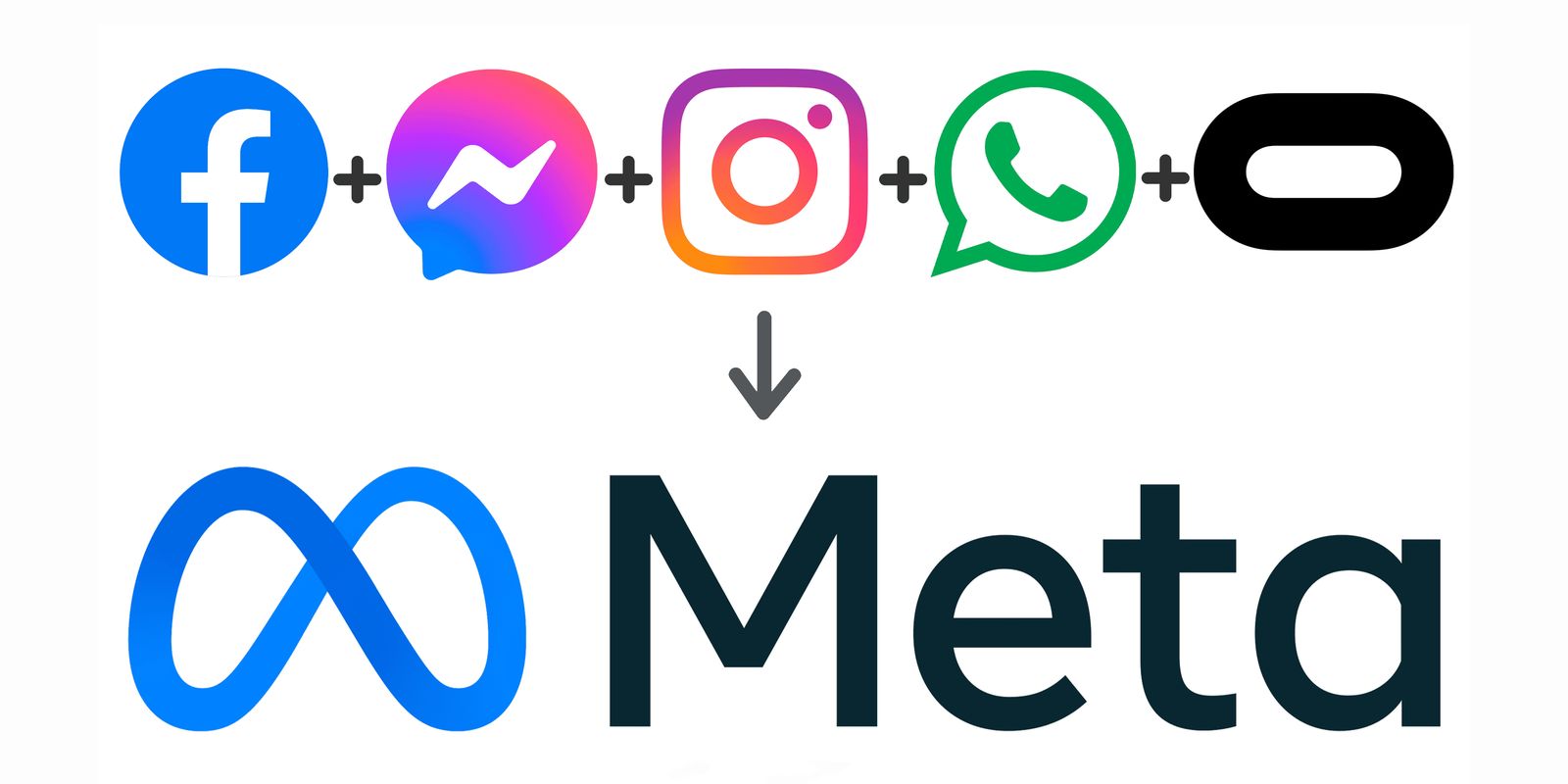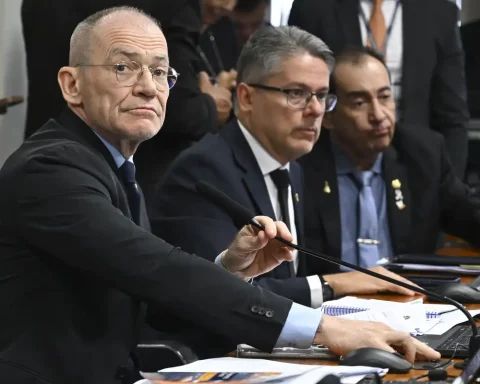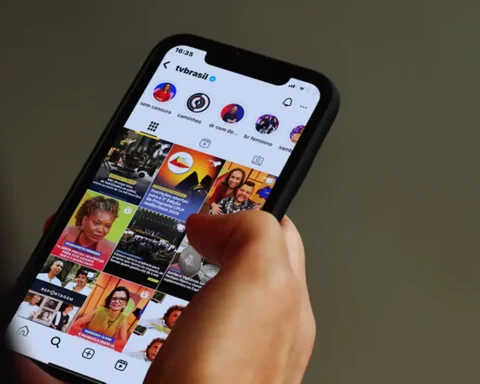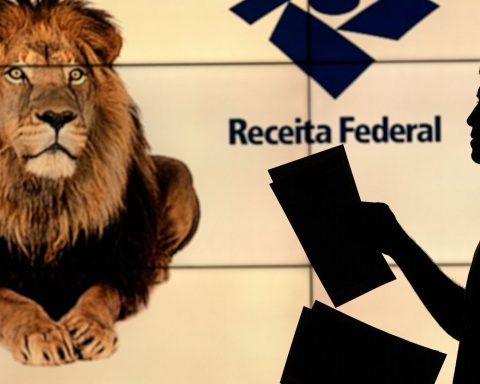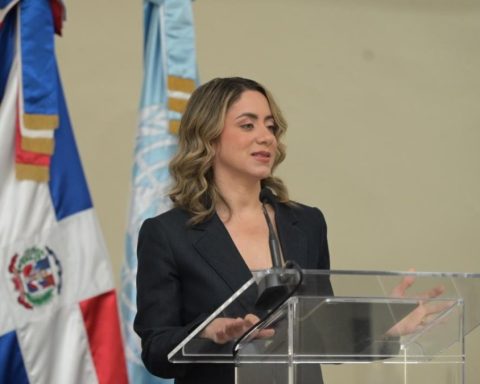The governments of Brazil and France share a similar position in their concern about the risk that the dissemination of false news, through social networks, may pose to the sovereignty of the countries. The matter was discussed during a telephone conversation between the presidents of the two countries this Friday (10).
According to Planalto, the conversation between Luiz Inácio Lula da Silva and French leader Emmanuel Macron lasted around 30 minutes and covered topics on the bilateral and global agendas. On that occasion, Macron reiterated his invitation to the Brazilian president for a state visit to France in June.
During the conversation, Lula praised the French government’s demonstrations against Meta’s recent decision to reduce fact-checking of its publications. “They agreed that freedom of expression does not mean freedom to spread lies, prejudice and offenses,” reported Planalto.
“Both considered it positive that Brazil and Europe continue to work together to prevent the spread of fake news puts the sovereignty of countries, democracy and the fundamental rights of their citizens at risk”, he added.
AGU
Also this Friday, the Attorney General’s Office (AGU) established 72 hour deadline for Meta, the company responsible for social networks such as Instagram, Facebook and WhatsApp, to clarify the Brazilian government’s doubts about the announced change to the company’s policies aimed at content moderation, as announced by the company’s CEO, Mark Zuckerberg.
According to the Chief Minister of the Civil House of the Presidency of the Republic, Rui Costa, the announcement that Meta will no longer control content could have a negative impact on Brazilian society.
“It impacts children when it comes to inappropriate content and child trafficking. It impacts public security, when it comes to information that concerns people’s safety, criminal practice”, said Costa after meeting with Lula.
The minister also cited, among the examples of the negative impacts of spreading fake news via social networks, the promotion of hate speech that encourages the most diverse types of discrimination, including prejudice based on race, creed, gender and region.
